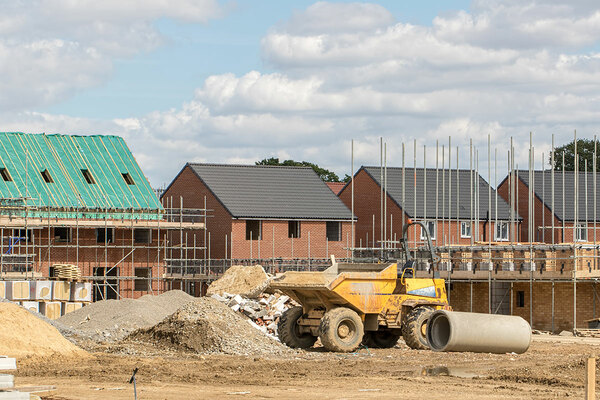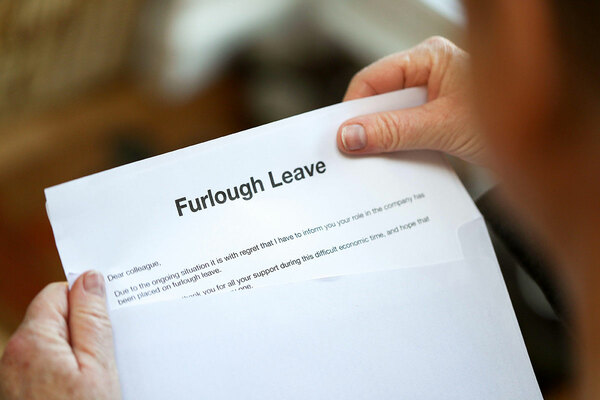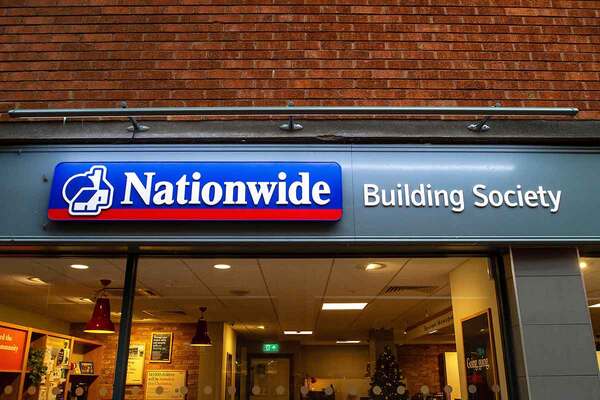You are viewing 1 of your 1 free articles
Social housing rent arrears up £100m since coronavirus outbreak
Rent arrears among social landlords have surged by £100m since the coronavirus pandemic hit the UK, a survey has found.
New data shared with Inside Housing by HouseMark estimates that the level of unpaid rent is £100m higher than it would be at this stage when compared against previous years, with this being attributed to the coronavirus crisis.
The report illustrates how the pandemic has affected social landlords’ finances and operations, it shows that in April alone median arrears increased by 10%. This means that on average landlords missed out on 3.29% of their total rental income for that month.
The figures are based on a survey of 131 social landlords managing nearly 1.4 million homes, with arrears losses projected across the whole sector.
Laurice Ponting, chief executive of HouseMark, said: “The analysis is the first to quantify the effect of the pandemic across the UK housing sector and we are now seeing the significant impact of the crisis emerging.”
Landlords built up a repairs backlog of 800,000 jobs during the April peak, according to the report.
Gas safety compliance – referring to the number of safety certificates renewed within the one year required by law – dipped to 91.2% from normal levels of 99.9%. That represents around 380,000 homes across the UK sector without a valid gas safety certificate.
Lettings plummeted 77% month-on-month as government guidance – now changed – said all “non-essential” allocations should be paused.
HouseMark estimated that the fall has led to 45,000 extra social homes sitting empty, with void losses as a percentage of rental income expected to more than double from the previous sector average of 0.94% to 2.17% by the end of 2020.
Lockdown measures introduced to limit the spread of the virus have led to many people suffering job or income losses, as well as making it impossible for some housing management work to continue.
Greg Campbell, partner at housing consultancy Campbell Tickell, said that some associations have been worse hit by arrears than others. However, he warned that the end of the furlough scheme and more redundancies occurring will present a challenge for landlords.
He said: “Some chief executives are certainly concerned that just as they’ve got less money because of arrears, repairs are building up.
“There is a concern that by the time you’re in a position to deal with these routine repairs some might have become emergencies.”
Some housing associations may be tempted to enter mergers or undertake stock rationalisation to strengthen their businesses following the crisis, he added.
Sinéad Butters, chief executive of Aspire Housing and chair of PlaceShapers, said rent losses could have an impact on her association’s financial position and covenants.
She said the organisation is “madly stress-testing plans” and working hard with customers to help them pay their rent or access benefits where appropriate.
“It is when these arrears turn into unrecoverable bad debts that this really hits our plans. However we are doing everything we can to support our customers at this time of unprecedented crisis,” she added.
The survey also found that 18% of the sector’s workforce – an estimated 27,000 employees – were not working in April.
That includes furloughed workers, with the Treasury spending around £70m on sector wages.
Reports of anti-social behaviour and domestic abuse also climbed 30% in April compared with the same month in 2019.
Sign up for our daily newsletter
Already have an account? Click here to manage your newsletters














